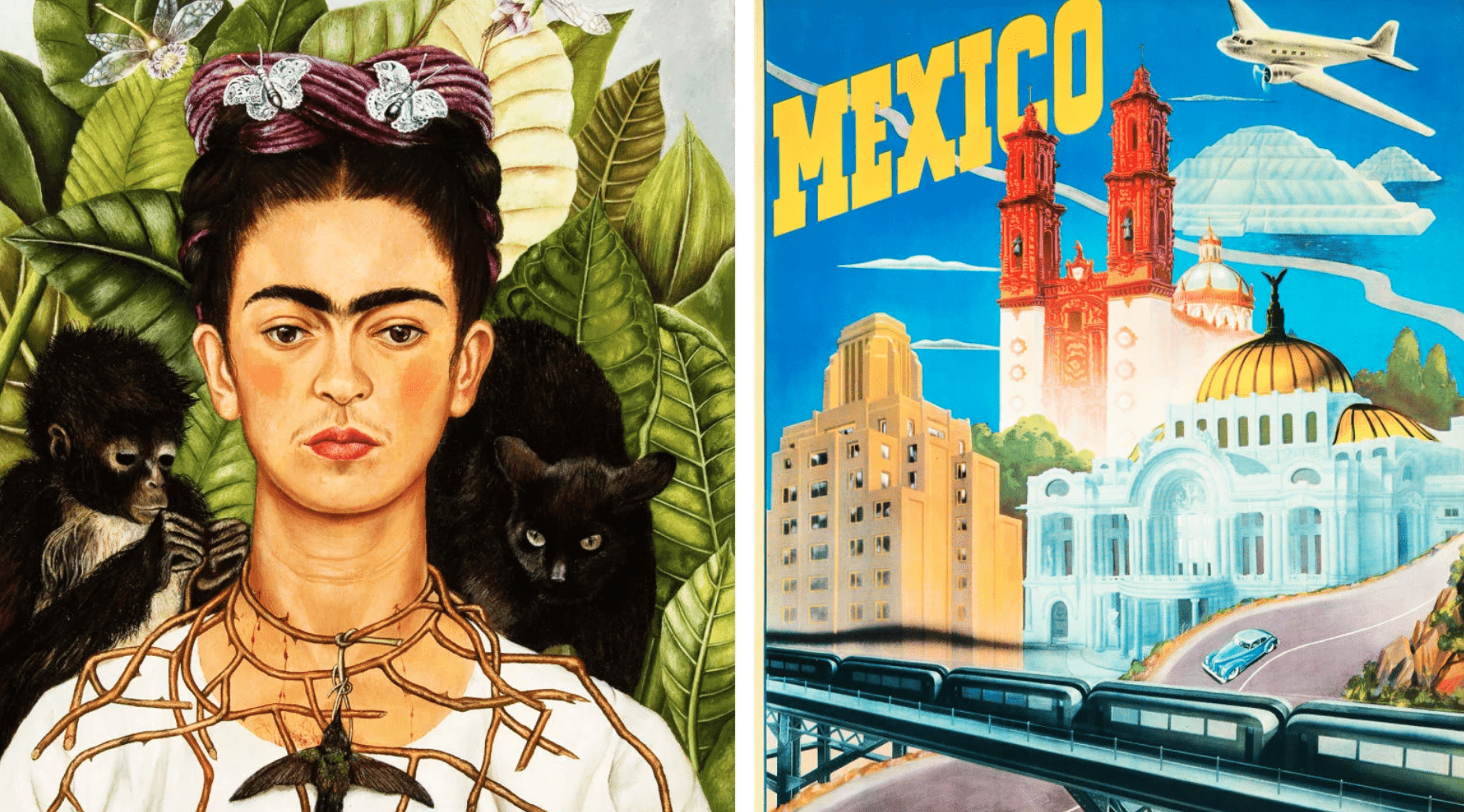By Bruce Mastracchio
……In warming up I have to mention one thing. For those of you who have asked: YES, Greenwood Cove is East Greenwich. The “Haugers” are the Avengers, and I use a lot of other nicknames and substitute names when I either want to protect the identity of someone; or, if the story might hit too close to home, or hurt someone. I am not out to hurt anyone. If you were there and lived it, I am sure you can figure it all out, both story and participants. If you didn’t, then hold it up to a story, person or incident from your own past, as some people have told me that they have done.
I have been threatened in the past over a couple of the stories, been called a racist and a bigot, told I am a liar, or making these stories up, even by a former close friend, who was the subject of many of these stories; and, have been banged with a host of other accusations. I can only say that these stories are true to the best of my recollection, actually happened and, maybe, are made better by my writing. When I “stretch” a story I say so ahead of time, where I change events, order, names, etc., so as to disguise some things that might hurt someone or maybe just to disguise, as I did in “A Stone For Angel Gomez.”
So, that’s the name of that tune, and you can take it to the bank!
***
“Flowers are red, young man, and green leaves are green
There’s no need to see flowers any other way, than the way they always have been seen
But the little boy said, “There are so many colors in a rainbow, so many colors in the morning sun, so many colors in the flower, and I see every one.”
– Harry Chapin, Flowers Are Red
We got a great education here in Greenwood Cove when I was growing up. The town was small and the schools were small. It was almost like going to a private school as the classes were small and you got a lot of individual attention from the teachers.
Of course, if you were hyper, like me, you got more attention. If you get my drift.
But the teachers were good, and it was more the fault of the student than the teacher if the learning failed to take place. Elder Ridge Elementary School went from Grades 1-7 and Greenwood Cove High was 8-12. It worked just right back then, and I find it hard today, when these ” ivory tower” types come here and come up with all these other concepts, most of which fail, like 1-3, 4-6, 7-8, 6-7-8, etc. Maybe, 1-6, 7-8, 9-12, but that’s as far as I would go. The rest just gives an excuse to give people who can’t teach higher paying jobs.
Anyway, most of our teachers at ER Elementary were women. Other than the superintendent, who worked out of small office in the foyer, there were only three male teachers: Mr. Larabee, a former college track star; Mr. Mayne, another former jock; and Mr. Johnson, who taught shop classes.
Now don’t get me wrong. These teachers were all pretty good. They did a good job with our education. As I said before, any failings were ours not theirs.
But, they all pretty much depended on firm discipline and the basics, and they did not waver much from the lesson plans, except for the time Mr. Mayne tried a science experiment and blew a hole in the ceiling of the 7th grade classroom; and one time, in art class, where one girl cut part of her finger off while slicing construction paper. They got the fire department there but forgot to retrieve the missing finger. Guess who got sent back up to get it? It was lying right there with the pencil shavings! I will never forget that!
Then, in our 6th grade year we were exposed to a different type of teacher, the likes of whom we had never seen before. A male teacher who was NOT macho, but rather brought us appreciation of the finer things we had not considered or experienced. He introduced us to writing, poetry, Mexico, block printing, artwork and the appreciation of beauty. Though, in our way, we bridled against it at first, our 6th grade year may have been the beginning of shaping many of us to be well-rounded individuals. As I look back, I know it did for me, and it was where I got my start in writing. I still have a couple of the stories from that year and, a book of poems and block prints, we put together and sent to the president of the United States – President Dwight D. Eisenhower.
 Yes, our 6th grade year was the start of something new, and, for me will always be remembered as “The Year of Mr. Onions.”
Yes, our 6th grade year was the start of something new, and, for me will always be remembered as “The Year of Mr. Onions.”
Henry Onyeones came to Elder Ridge that year from a school over in the East Bay. We did not know it then but he was of Portugese-French descent, an odd combination, though both nationalities make up a significant part of our state, the smallest one in the greatest country on Earth. Of course, his odd name led us to calling him Mr. Onions, because that’s what Onyeones sounded like to us.
He was about 6′ tall, with a prominent chin and Adam’s apple, a distinctive hair line and a passion for all things Mexico. He had an appreciation for art and beauty. If you can picture a combination of Mr. Rogers, Mr. Chips and Robin Williams in “Dead Poets Society,” you would have a good picture of Mr. Onions.
He was rather dainty and exquisite in his movements and did not cut quite the masculine figure shown by the other male teachers. He did not hang with them either, spending most of his school time alone.
His manner caused him some problems in the classroom, particularly with one group of 6th and 7th grade boys, who were two or three years behind grade level and a rather rough-and-tough lot.
One day these boys got to “fooling around” with Mr. Onions and dangled him by his ankles from the second story classroom window. They also played other mean tricks on him like putting tacks on his chair, or turning his desk upside down.
Still, once he got to teaching Mr. Onions did a great job. I spent a lot of that year out in the hallway for various infractions. But, I learned a lot out there also. The school had a “traveling library” on wheels, with dictionaries and encyclopedias. I read them all from cover to cover.
When in class, a whole “new” world was open to me and my classmates. I am sure he taught the basics. Sixth grade teachers were supposed to give you English, History, Math, Science, etc. It’s just that I don’t remember that as a big part of that year. What I do remember is we wrote and wrote and wrote some more. Poetry, prose, stories, accounts, letters and the like. Mr. O regaled us with tales of summers spent in Mexico; the Aztecs; history and culture, and, with the help of the art teacher we started block printing and oil art as we prepared our book of poems and prints to be sent to the president.
Of course, my best friend, Picks, was the star of this production. His poems were more mature than the rest of ours, and his block print of a saltwater blue taking the bait jumped right out of the page at you, as if it was real. I had two block prints included. An Indian head with full feather bonnet (naturally), and a scene of a battle between bees and ants. I also had four poems printed (hoped Ike liked ’em). They were short, sweet and to the point.
SCHOOL
Cooped up all day in school
being treated like a fool,
Nothing but work
and the teacher’s a jerk
School, School, School.
LITTLE RUNNING BROOK
Little running brook, my ball you have took
I can get another, but you are a crook.
WHEN I GO RIDING
When I go riding in the night; the moon shines bright
I race the moon in the breeze; sometimes it disappears
behind the trees.
THE WANDERING MINSTREL
The wandering minstrel comes through the woods
Singing his lovely songs.
The music travels on like chimes,
ringing and going ding song.
Not exactly Robert Frost there and definitely no harbinger of the poetry that poured from my soul in later years. But, again, we were in 6th grade! I noticed several of my classmates had works much more mature than mine, but, in checking out my two short stories, I also noticed that my handwriting, grammar, punctuation and thought were of a freshman high school level and I actually used those samples when I taught high school English.
We put that book together, a joyous undertaking, and sent it to President Eisenhower. He replied with a nice note and we were quite pleased with ourselves. At the time there was no thought of doing much with poetry or writing. Our “culture” gave short shrift to poets, and they were considered a different breed.
Mr. Onions stayed maybe a year or so more, then left Elder Ridge to go elsewhere. He was a bit different from the other teachers, and I don’t think he was ever fully accepted by them, or the community as a whole. He was kind of like Boo Radley in “To Kill A Mockingbird.” In our society back then, and even today, I guess, to be different, to be “the nail that stands up,” is to be thought of as strange and you have to be hammered down and conform to what others think you should be. God forbid you should speak up, or hold an idea different from the crowd’s, though it is precisely these things that forge you as an individual, and that forged me.
After Mr. Onions left, Picks continued my education in writing and reading. He had gone to a prestigious prep school in Massachusetts and he introduced me to Chekhov, Dostoevsky, Hemingway, Faulkner and the like, way before college.
Then in college I met a basketball player who used to write “word thoughts.” Like me, he had been conditioned that macho athletes like ourselves did not write poetry. God forbid! What would people think of us!
But, I read his stuff, liked it, and started to write “word thoughts” of my own. Of course, from that poetic start it blossomed into short stories about life, as I saw it, and then eventually, to jobs earning a side living writing for newspapers and magazines. It wasn’t a lot of money, but it allowed me to treat my family to lobster and steak once in a while, and an occasional trip to Disneyland.
After that 6th grade year of Mr. Onions, things returned to normal. Our education went on and we were exposed to more good teachers at Greenwood Cove High. The school had a worldwide reputation because naval officers stationed at nearby Quonset Point Naval Air Station, would pass the word on a “great little school to have your kids go to – almost like a private school it’s so small.” Couple that with the outstanding teachers we had at Greenwood Cove in math, English, French, Latin and the other subjects and you can see where the present reputation for the school came from. Though, my feeling is that now they live off that and pat themselves on the back, more than they deserve, and that the education nowadays is not as good as it was back then.
I always wondered what happened to Mr. Onions. I guess most people do when they have had a teacher who made an impact on their lives, even though, like me, you did not realize it at the time.
I actually found out where he was. He lives on an island now. I hope he is surrounded by the natural art and beauty that he taught us to appreciate, though, at the time, we did so grudgingly. I hope, as he takes his daily stroll that he “walks in quiet beauty” in tune with all around him, and all that is. He deserves that.
I had wanted to call and thank him for that special year, but, like a ” sensitive deer,” I had an inner feeling that it might not be a good thing to intrude on his world now. Like Boo Radley, it is probably best he be left alone. Though I have a sensitive side myself, there is also the macho football coach/athlete, and a “dark side” to contend with. If that came through it might be disturbing to him. Heck, it disturbs me sometimes.
So, I guess this story will have to suffice as a “Thank you, Mr. Onions!”
Thanks for being ahead of your time. Thanks for showing us some of the finer things. Thanks for teaching us to appreciate art and beauty. And sunsets! Even Mexico, tho’ I have a bone to pick with that country recently.
Really, thanks for a great year! I am sure that goes for all of us, and I know it goes for Picks, tho’ he is no longer here to share it. He lives on in that book. Your book from your year: The Year of Mr. Onions!
PostScript: Every teacher should have this song/poem by Harry Chapin taped to his/her desk. It is a reminder that we are all different, and that when you teach, you teach to the student. They are a precious commodity and should be valued.
“Flowers Are Red”
By Harry Chapin
The little boy went first day of school. He got crayons and started to draw.
He put colors all over the paper, for colors was what he saw.
The teacher said, ” What you doing, young man?” “I’m painting flowers,” he said.
She said:
“It’s not the time for art, young man. And, anyway flowers are green and red!
There’s a time for everything, young man, and a way it should be done!”
You’ve got to show concern for everyone else for you’re not the only one!
And the she said: “Flowers are red young man, and green leaves are green
There’s no need to see flowers any other way, then the way they always have been seen ! ”
BUT the little boy said: “There are so many colors in the rainbow, so many colors in the morning sun, so many colors in a flower and I see every one!”
The teacher said, “You’re sassy! There’s ways that things should be! And, you’ll paint flowers the way they are, so repeat after me.
Flowers are Red! Green leaves are Green! There’s no need to see flowers any other way than the way they always have been seen.”
Then the teacher put him in a corner. She said, “It’s for your own good!
And, you won’t come out til you get it right; responding as you should.”
Well, finally he got lonely, frightened thoughts filled his head.
And he went up to the teacher, and this is what he said:
Flowers are red! Green leaves are green! There’s no need to see ………………..
BUT time went by like it always does, and they moved to another town.and the little boy went to another school, and this is what he found.
The teacher there was smiling; she said, “Painting should be fun! ”
“And there are so many colors in a flower, so let’s use ever yone ”
BUT the little boy painted flowers, in neat rows of green and red.
AND when the teacher asked him why, this is what he said:
Flowers are red and green leaves are green
There’s no need to see flowers any other way than the way they always have been seen.”
But there still must be a way to have our children say:
There are so many colors in the rainbow. So many colors in the morning sun. So many colors in a flower, so let’s use every one!
When you encounter someone who says: “Your child marches to the beat of a different drummer. Comer, BUT we’ll have him joining the parade by the end of the term,” think of Mr, Onions, who let us march to our own beat, and express ourselves in our own way, in a time when it wasn’t done, and, who, after all these years, for me, at least, may have had the greatest impact of all.
Once again. Thanks, Mr. Onions!
Author’s Note: In 36 years of teaching and 45 coaching I have tried to use not only some of the ideas posted here but also those garnered from shows like Room 22, Mr. Novak, White Shadow, Dead Poets Society, and GoodBye Mr. Chips. Though I was considered “mean” by some, I always thought I was tough but fair and that I taught to the student. If he or she showed they wanted to pass, they passed. The lessons learned way back in school prevailed later on.
I am even using lessons learned from a book called : “Everything I Need to Know I Learned in Kindergarten.” We learned to share back then, and that’s what I am doing with you now. I am sharing my stories and poetry. I sincerely hope you like it. – BRM






 Subscribe
Subscribe
You are a good friend Bruce with a wonderful God given gift that you share with others. You are a Maestro of story telling.
THANKS AGAIN for a great story. Cliff remembers Mr. Onions!
A great tribute to our teachers, our town, and our youth. Thank you, Bruce.
Terry Bergeron
🌹🌹🌹
I also grew up in a close-knit community like EG so your stories remind me of people I knew. Everyone looked out for us as kids and we had to obey other children’s parents when they caught us doing something that was forbidden or dangerous. We were told to come home home when the street lights came on, or when the whistle blew – a reference to the shift change signal at a nearby refinery. That would have been at 4 in the afternoon. Sometimes I wish we could go back to those days for awhile. Thanks for the memories.
I can still picture the slight young man in the nicely tailored tan suit who stood in front of our sixth-grade class and informed us he was our substitute teacher that day. Then he said, I’m going to write my name on the blackboard and I don’t want anybody to laugh.” He wrote, in large letters, HERMAN AUGUSTUS GARLICK, JR. Naturally, we screeched with laughter, as he knew we would.
I’m sure he thought that by making a joke, of which he was the butt, we would then befriend him. What he somehow hadn’t known was just how rotten eleven- and twelve-year-old boys can be. We always treated substitute teachers with disrespect, but we overdid it with Mr. Garlick. And when he became a full-time teacher the following year things got even worse. We stopped short of dangling him out a second-story window by his ankles, only because that would have been a cause of automatic expulsion—perhaps even a trip to Sockanosset. So that never happened.
He was a cultured, idealistic person who had probably dreamed about being a teacher, and in spite of our bad behavior he did managed to teach us such things as an appreciation and understanding of Frost’s poem, “Birches”; of Van Gogh’s paintings of sunflowers; and of Tchaikovsky’s “Nutcracker.”
For years I’ve regretted my active role in tormenting him, and the regret started in the winter of that seventh grade year. There’d been a pretty good snow one night, and there was much of it still on the ground when we went out for recess. The class bully pretended to be just horsing around when he knocked Mr. Garlick into the snow. Then he got a couple of his henchman to join in roughing him up, viciously stuffing snow down his shirt collar and into his pockets. I finally realized how disgusting it all was.
The bully was no village lout who’d been kept back a couple of years. He was a very bright upper-middle-class boy who, the next year, went off to some fancy-shmancy private academy. I’ve wondered now and then what kind of adult he became.
Anyway, I’m sorry, Mr. Garlick.
Wonderful story reflecting on the deep impact teachers can have on our lives … in the moment and forever after. As I told you BRM, you’re a master of what I would call the historical narrative.